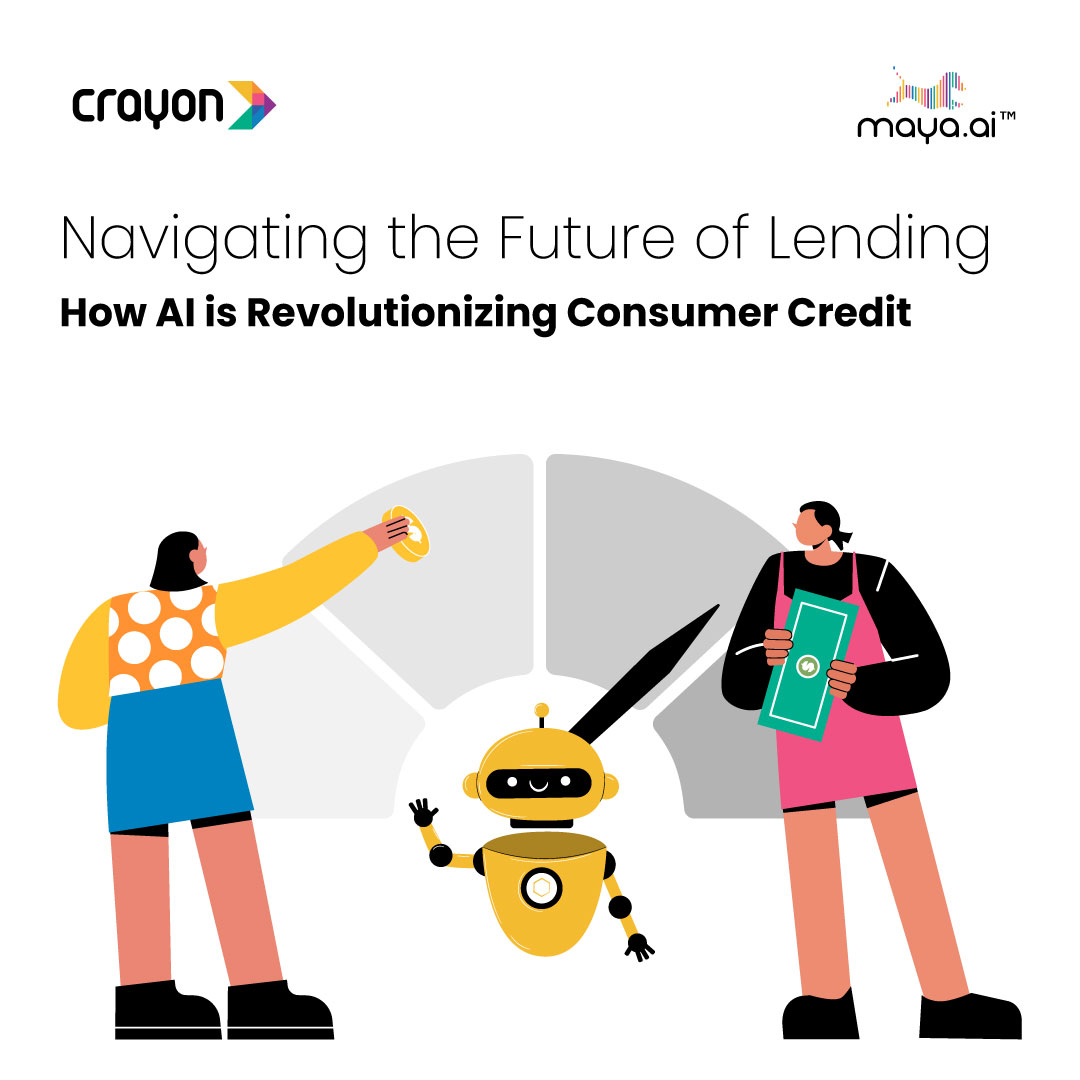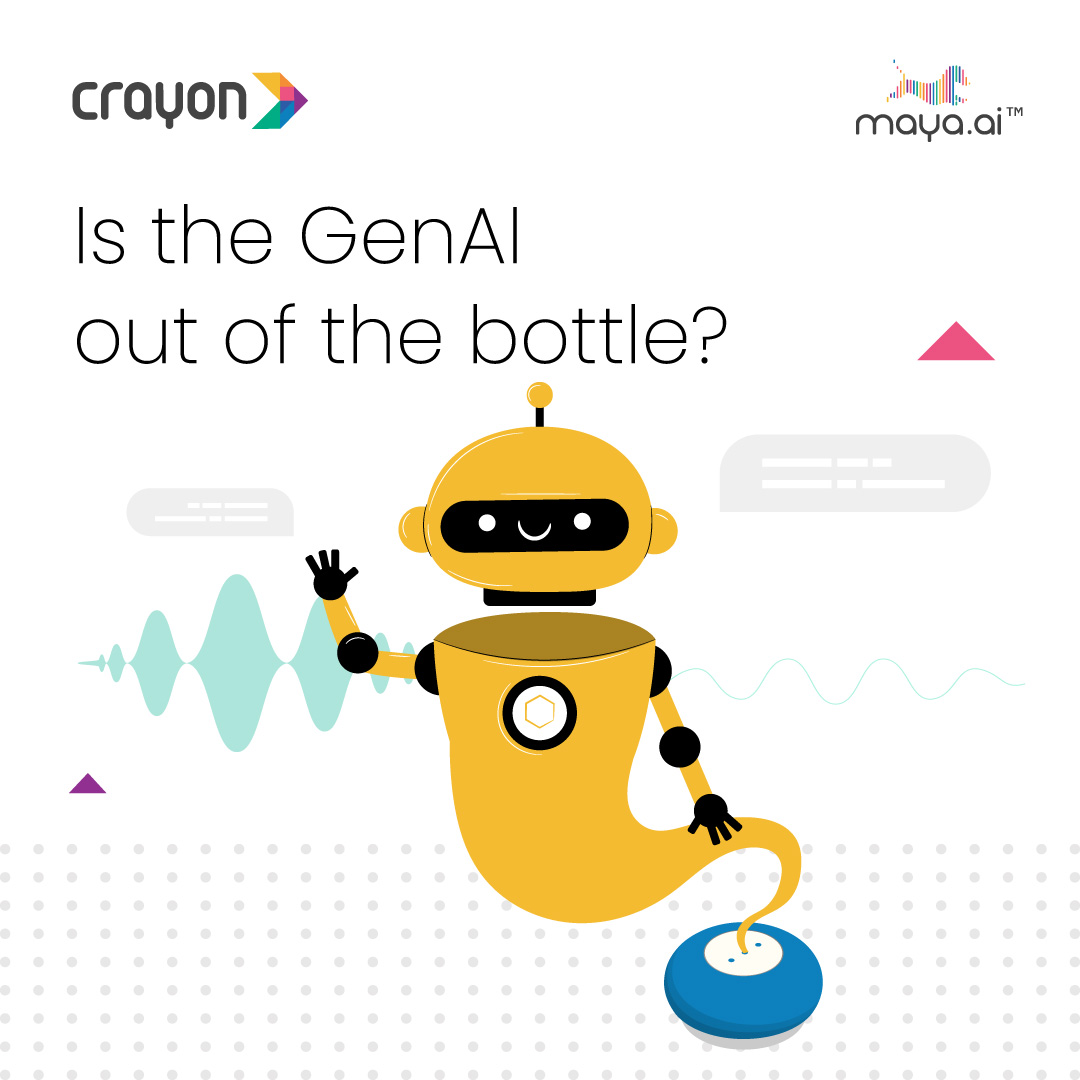At the turn of the 20th century, most people lived as they had in the middle ages. Almost half of the US population was employed in agriculture. Life expectancy was less than 50 years. Indoor plumbing was rare, as was telephone use. There were very few cars and no airplanes.
The rise of big organizations changed all that. They enabled large concentrations of capital, which led to large scale transformations like the Interstate Highway System and the Hoover Dam. This was an environment in which modern corporations thrived.
The 21st century economy, however, will be dominated by bits and not atoms. The change will be much larger in scope, but almost imperceptible in physical scale. The result is that we can no longer continue to manage our enterprises as we did in the industrial age and there is a widening gap between companies that can survive in a data economy and those that can’t.
1. We Now Create Knowledge Without Expertise
The economy of atoms was a knowledge economy. People strove to learn a trade because what you knew determined your worth. A good mechanic, for example, could always expect to earn a living. Armies, both military and corporate, could not run smoothly without skilled mechanics.




